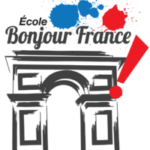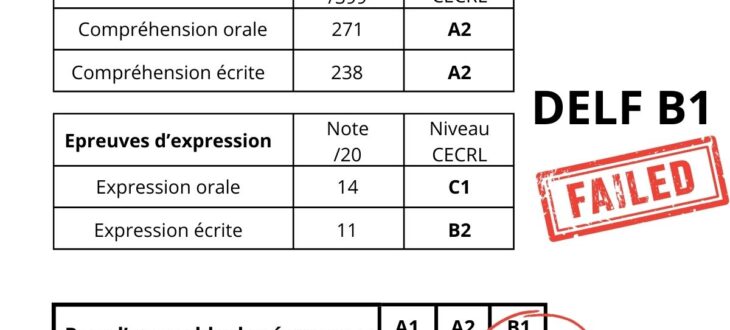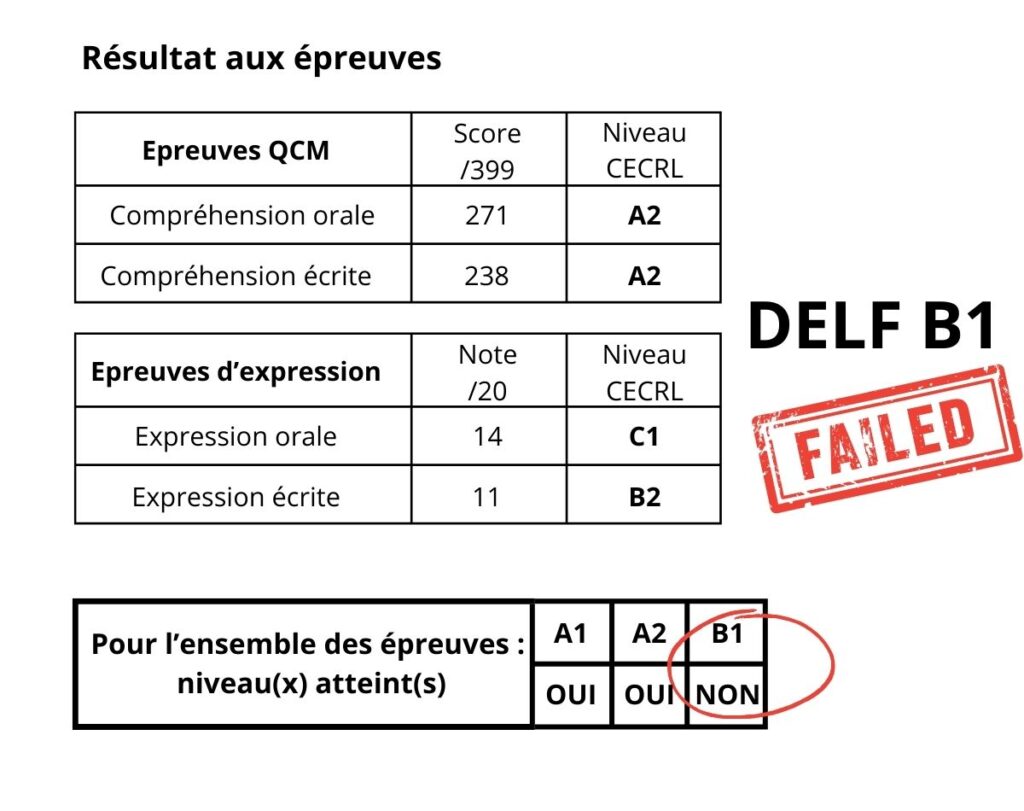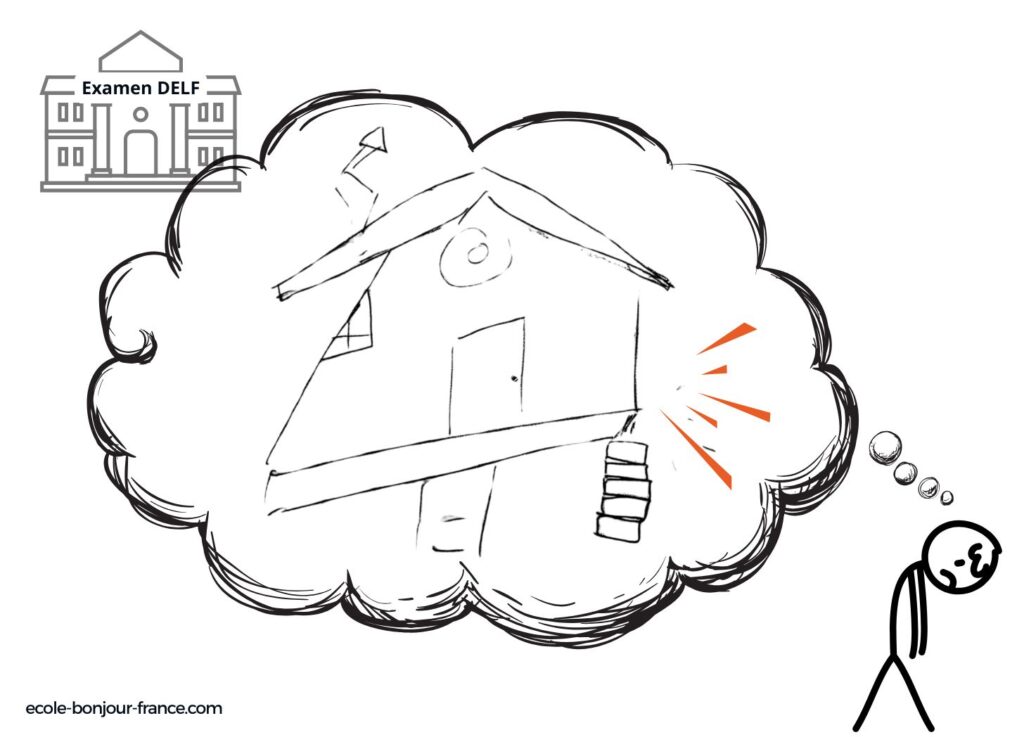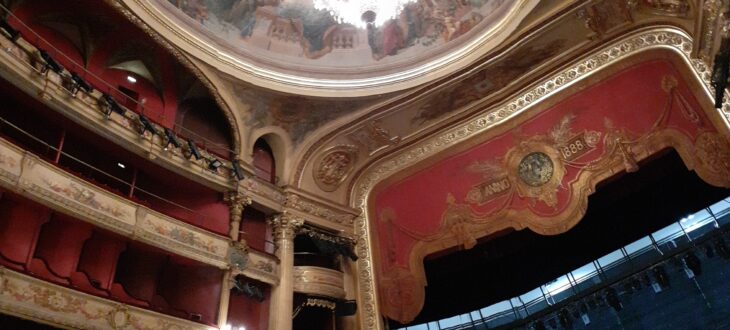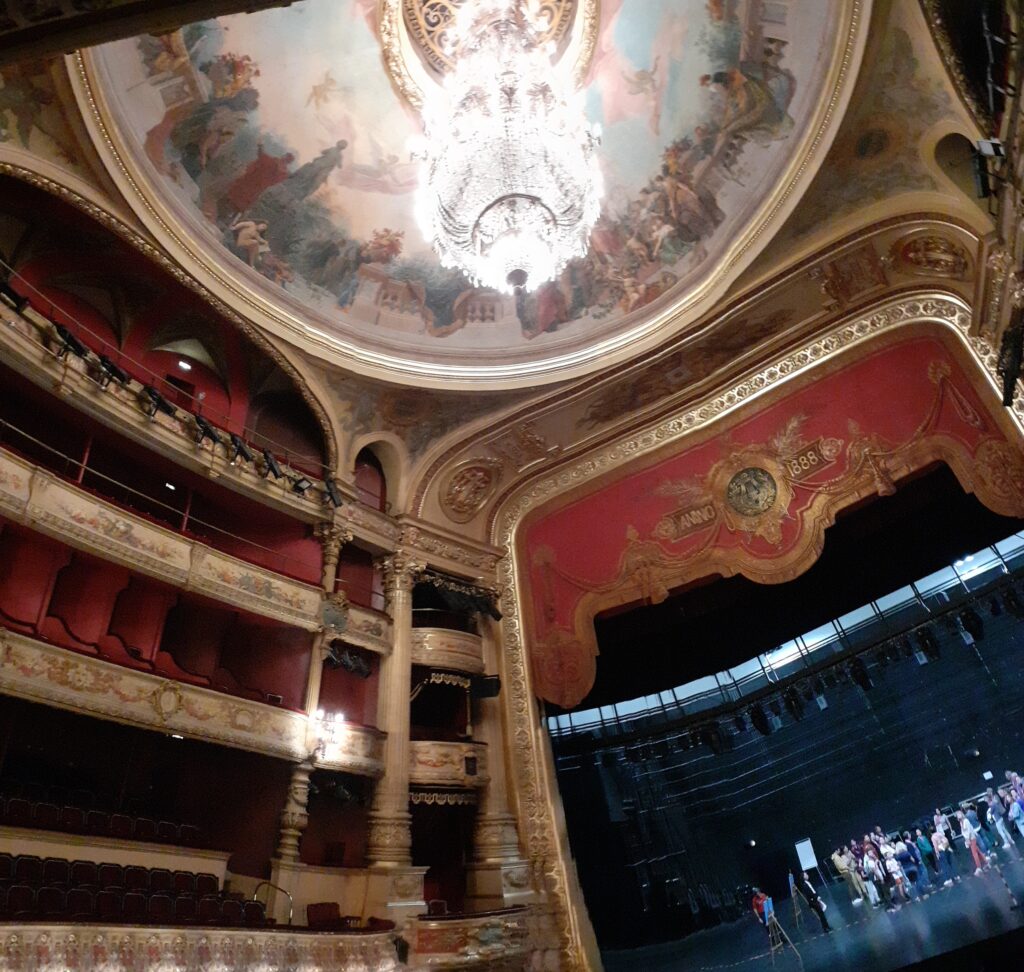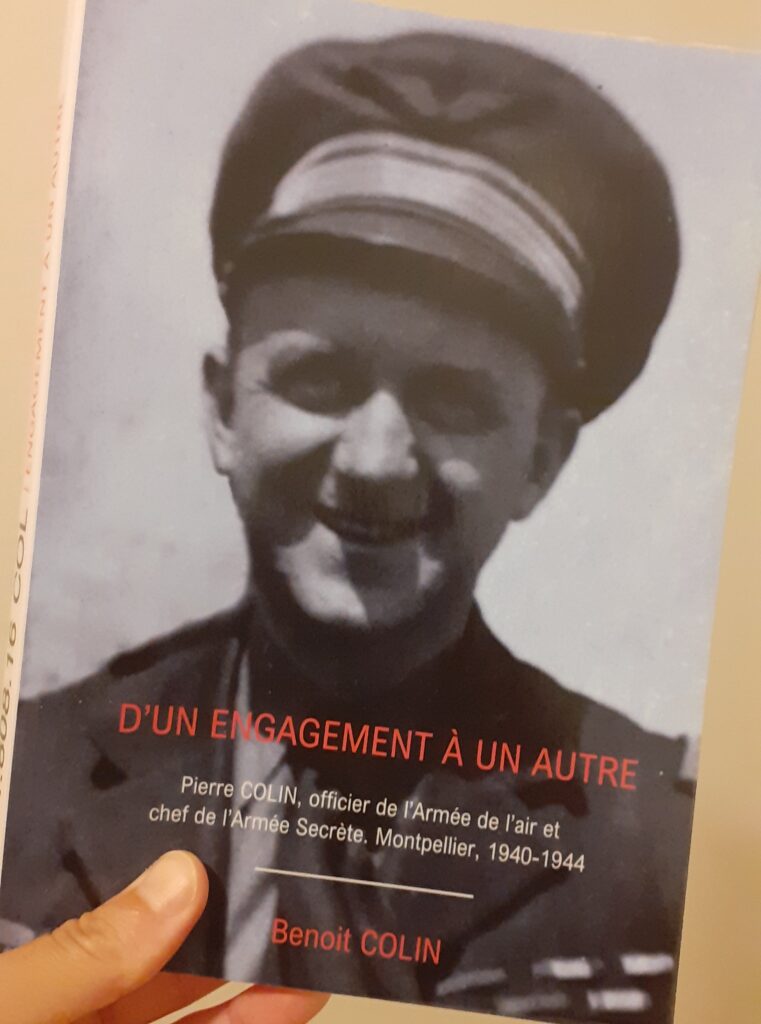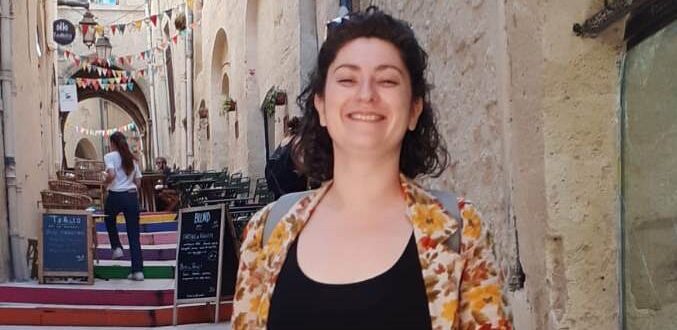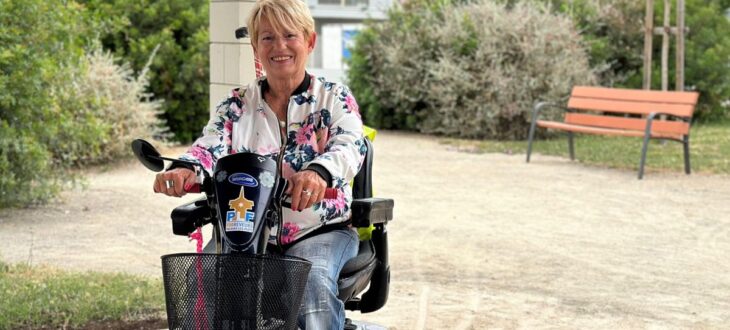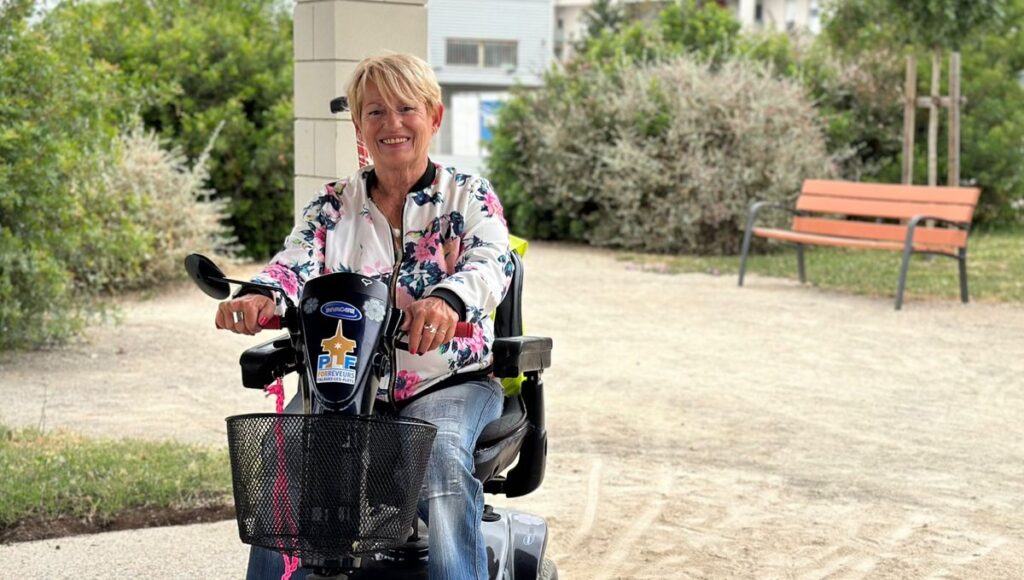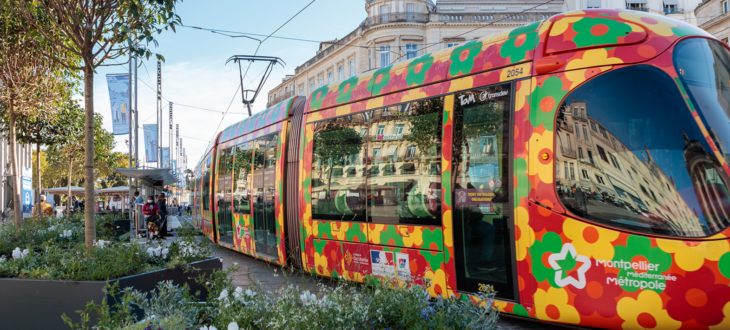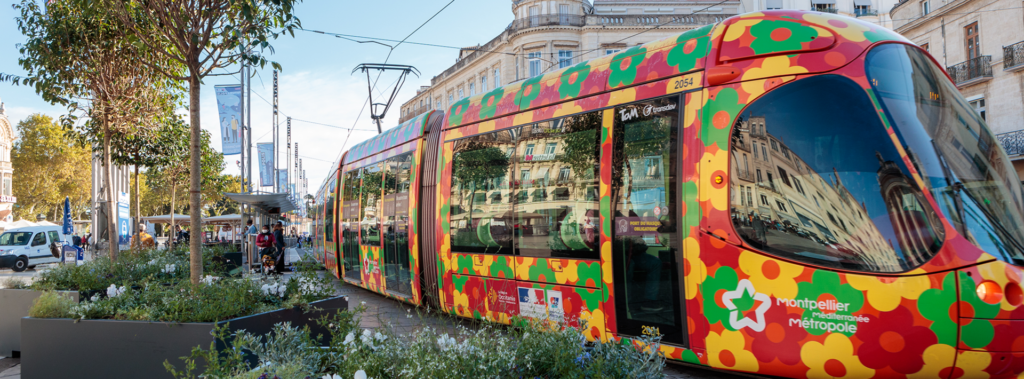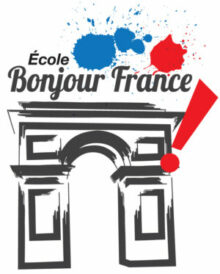Why You Shouldn’t Read Le Petit Prince

“Everyone should read Le Petit Prince when he learns French”
Ok, tell me who started all this? Who?
It is not that I have something against that beautiful book — it is not my favourite French classic and certainly not the best! — and if you absolutely want to read it, go on, give it a try.
(You can start off by listening to this playlist)
Here is the truth:
First, many French people didn’t read Le Petit Prince — or other classics by the way — even if they praise it and would fight tooth and nail for it! ![]()
Most of the time, they just studied some extracts at school. Only two categories of people would read the entire books:
- the motivated ones
- those interested by literary studies.
Second, you have to know that even natives may have difficulties to understand Le Petit Prince because it is complex since it is about imagination and poetry!
Thus it is absolutely normal if you face the same difficulties. One has to be really advanced in the language to understand the implicit, etc.
Also, thinking about it, French literature is not set in stone: there are so much treasures to discover and promote…

For example, did you know that Simone de Saint-Exupéry, Antoine’ sister, was also a writer? She was older than him and when he started to be famous, he didn’t want another writer in the family (!). Despite that, she was a dedicated sister since she protected her brother’s work until the end of her life in 1978.

Their descendants, reporting they didn’t know why she didn’t do it herself, published her uncompleted but interesting childhood memories book, Cinq enfants dans un parc, to commemorate the centenary of the birth of her brother in 2000.
I really want to pay tribute here to unknown or lesser-known authors like Simone de Saint-Exupéry who was not just “Antoine de Saint-Exupéry’s sister”, but a person, a woman and a writer in her own right.
People like her make me reflect a lot on what is — or not — considered as major books and authors “you have to know”…
Anyway, there are so much great books to read out there so make your own way!
This being said, you will find below some reading advice if it can help:
1) Read books in French that you have already read in your language
Since you know the story, it will help you (and you can find bilingual versions if you want to take it slowly).
2) Read French versions of “must-read” books from all over the world

For example, read again Anne Frank’s diary, Le Journal d’Ann Frank, in a French graphic version. You can also find French versions of short writing style books like Le manuel du Guerrier de la Lumière by Paulo Coehlo. If you feel ready for more, check the French versions of 1984 by George Orwell, La chambre solitaire by Shin Kyong-Suk (신경숙) or Les Délices de Tokyo by Durian Sukegawa.
3) Read books in French about topics you are interested in
If you like travel writing, go at Librairie Grangier downtown Dijon — it is the biggest bookshop around — and flick through the “récits de voyage” area! If you are more into crime novel, try Le Mystère de la Chambre jaune*, a classic by Gaston Leroux.
* Yes, it is a version for teenagers but who cares? ![]() You will find useful annotations
You will find useful annotations

If you are a soccer fan, check out this book + CD: La fabuleuse aventure des Bleus (A2). It is about the French team who won the World Cup in 2018.
And for more suggestions depending on your level in French, check out this page!
4) Read classic (or not!) books in French
➨ Classics especially dedicated to learners of French (teenagers and adults): for example, Le Tour du monde en 80 jours + CD (A2) by Jules Verne
➨ Classics published in bilingual versions: check out this page
➨ Short texts: for exemple an engaged essay, Indignez-vous ! by Stéphane Hessel (30 pages), an outstanding French diplomat, resistant, writer and activist who addressed a beautiful message to the French people in 2010 (3 years before his death) about what they fought for in the past and shouldn’t forget. You also have La préférence nationale and other short stories, first book by Fatou Diome who shared her experience of immigration in France with a unique and brilliant style.
➨ Comics to relax (but also learn thanks to the images!![]() ): you can find lots of classics adapted into comics and if you are a comics books fan, you have to know all about Franco-Belgian comics! Here is a selection that people from all ages love to read again and again: Le Petit Nicolas, by Sempé-Goscinny (also without images here), Cédric (Cauvin/Laudec/Dupuis), Boule et Bill (Roba Jean/Dupuis), Gaston Lagaffe (Franquin/Dupuis) ⇓, etc.
): you can find lots of classics adapted into comics and if you are a comics books fan, you have to know all about Franco-Belgian comics! Here is a selection that people from all ages love to read again and again: Le Petit Nicolas, by Sempé-Goscinny (also without images here), Cédric (Cauvin/Laudec/Dupuis), Boule et Bill (Roba Jean/Dupuis), Gaston Lagaffe (Franquin/Dupuis) ⇓, etc.

➨ For more, check out Sam’s Book Club
You have an opinion about a book from this list (or not!)? Share with us below!
 NEW:
NEW:
Check our Free Quizzes for Beginners!
(update 20/08/13)
